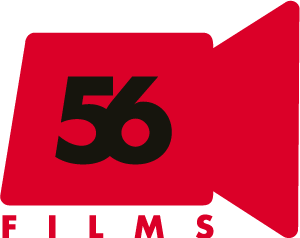In memory of the heroes of the 1956 revolution
Kaláka and György Faludy: 1956, You Star (music video)
“I consider it important to remember the 1956 revolution and freedom fight—mainly
because, for me, it was the most defining historical event of the 20th century, even
though I wasn’t even alive then. My fate was also shaped by the revolution since my
father participated in the freedom fight as a soldier, which forced him to flee to the
United States, from where he never returned. My mother, who fled from
Mosonmagyaróvár with her family, met my father in the US, and I was born, raised,
and attended university as an American—I only moved “home”; after the regime
change in 1990. I’ve made several documentaries dealing with 1956 and my
hyphenated identity, and it’s hard for me to let go of the subject. While making a
documentary about the legendary Hungarian music ensemble Kaláka, I learned that
the band was recording this song in the studio for the first time, and I felt I had to be
there—and I am grateful that I could be. The archival photos used in the clip are
partly from Hungarian ‘56er refugees, and the 16mm film footage has never before
been aired; it was recently discovered in the U.S. National Archives.”
(Réka Pigniczky, director, producer – 56Films)
“The Kaláka ensemble was formed in 1969, 55 years ago, just 13 years after the
1956 revolution. At that time, we felt that this was already a completely different
world. And indeed, it was a different world, but we couldn’t speak much about 1956
publicly; it was enough to know what happened to our parents after the revolution
was crushed. Since the early 1970s, we had been performing concerts in the West,
where we heard many stories, met many people, and knew much about things that
weren’t spoken about publicly. During the period of change (I don't recall the exact
date), there was a Faludy evening at the Thália Theatre, directed by Gábor Koltai,
which I attended, and there I heard Tibor Bitskey recite György Faludy’s poem 1956,
You Star, written in exile in 1986. It was as if I had heard a ballad of the revolution's
days. I asked Tibor for a copy of the poem, and very soon, the song was born.
Perhaps unusually for Kaláka songs, the closing stanza became a refrain. We sang it
to the delight of many. In 1995, there was a personnel change in Kaláka, and Péter
Huzella continued to sing the song solo. We only performed it rarely, on the occasion
of 1956 anniversaries. No recording was ever made of it. Now we have decided to
settle our debt, and we have recorded the song together in the studio. We decided
now to release this song, with some short remembrances and previously unseen
archival footage, which Réka Pigniczky has shaped into a mini-documentary.”
(Gryllus Dániel, leader of the Kaláka ensemble, composer of the song)
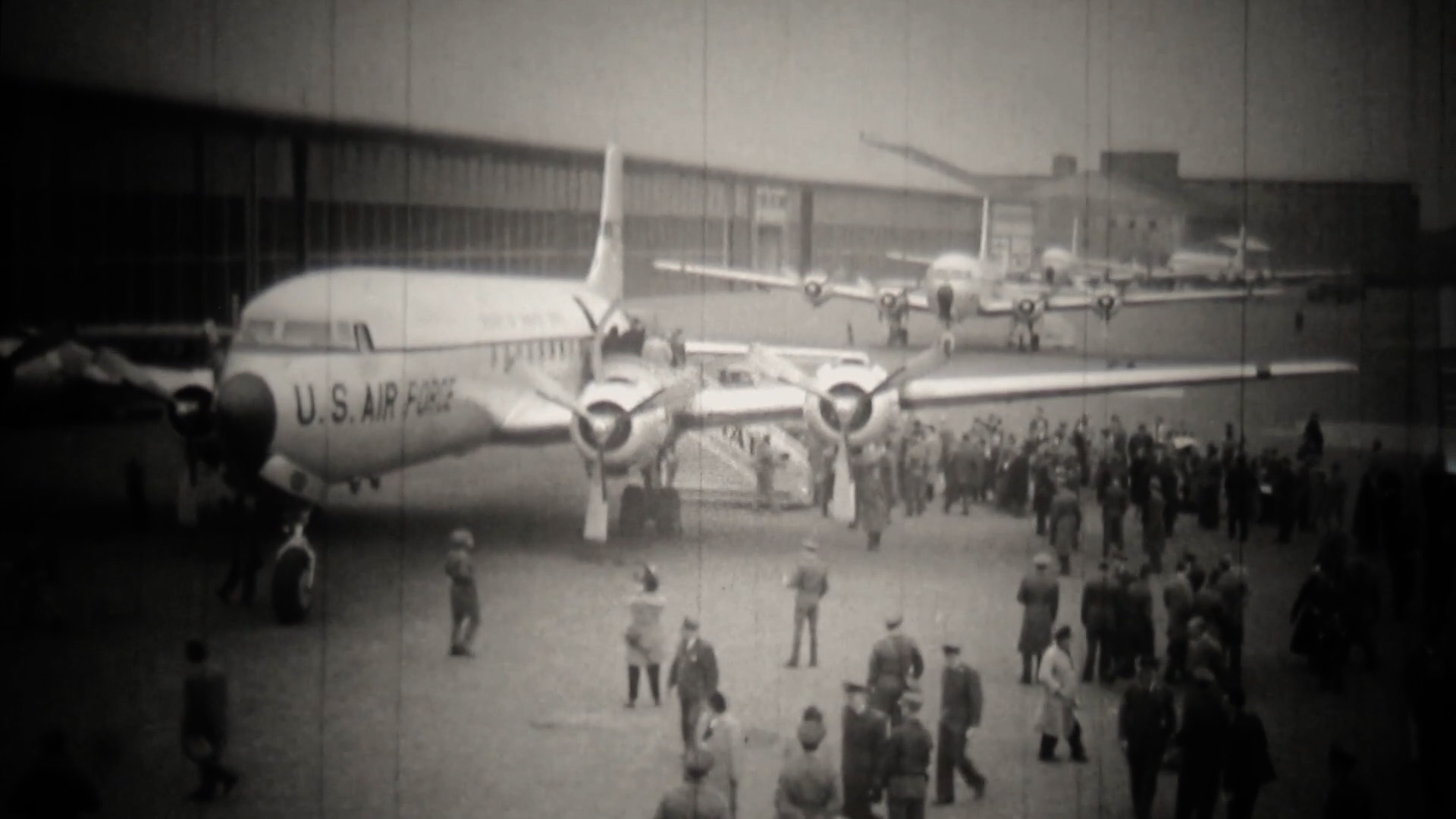
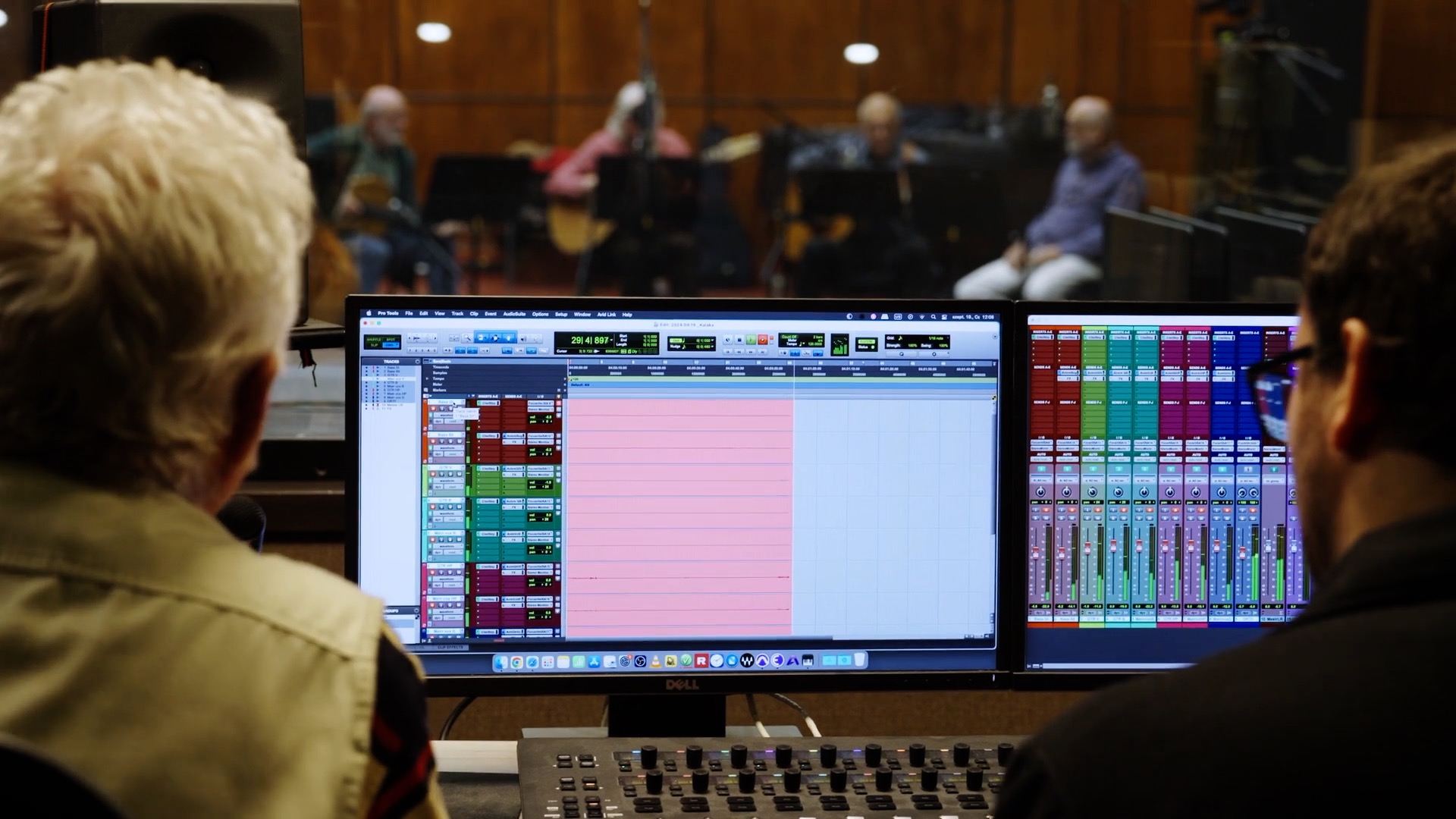
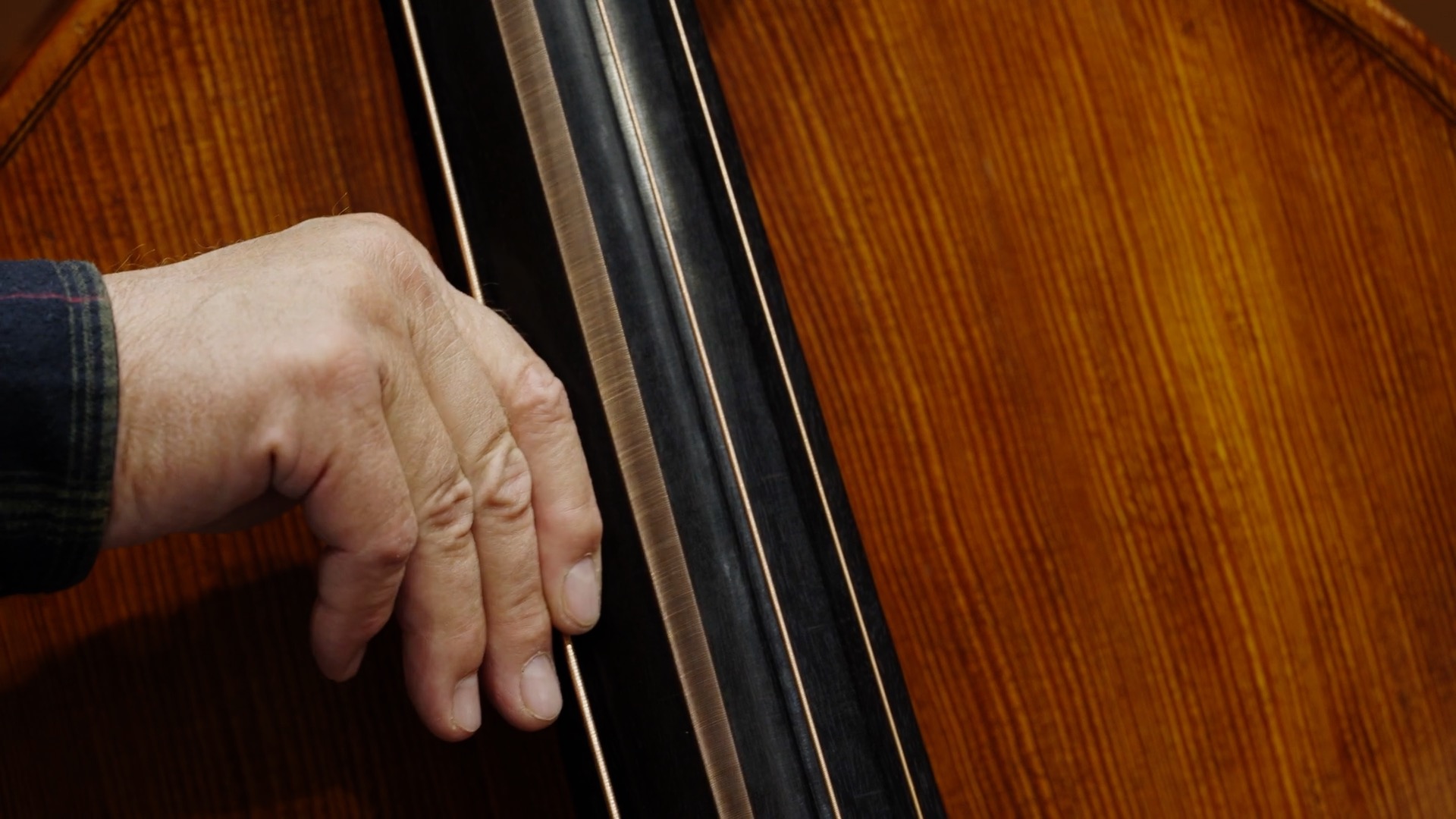
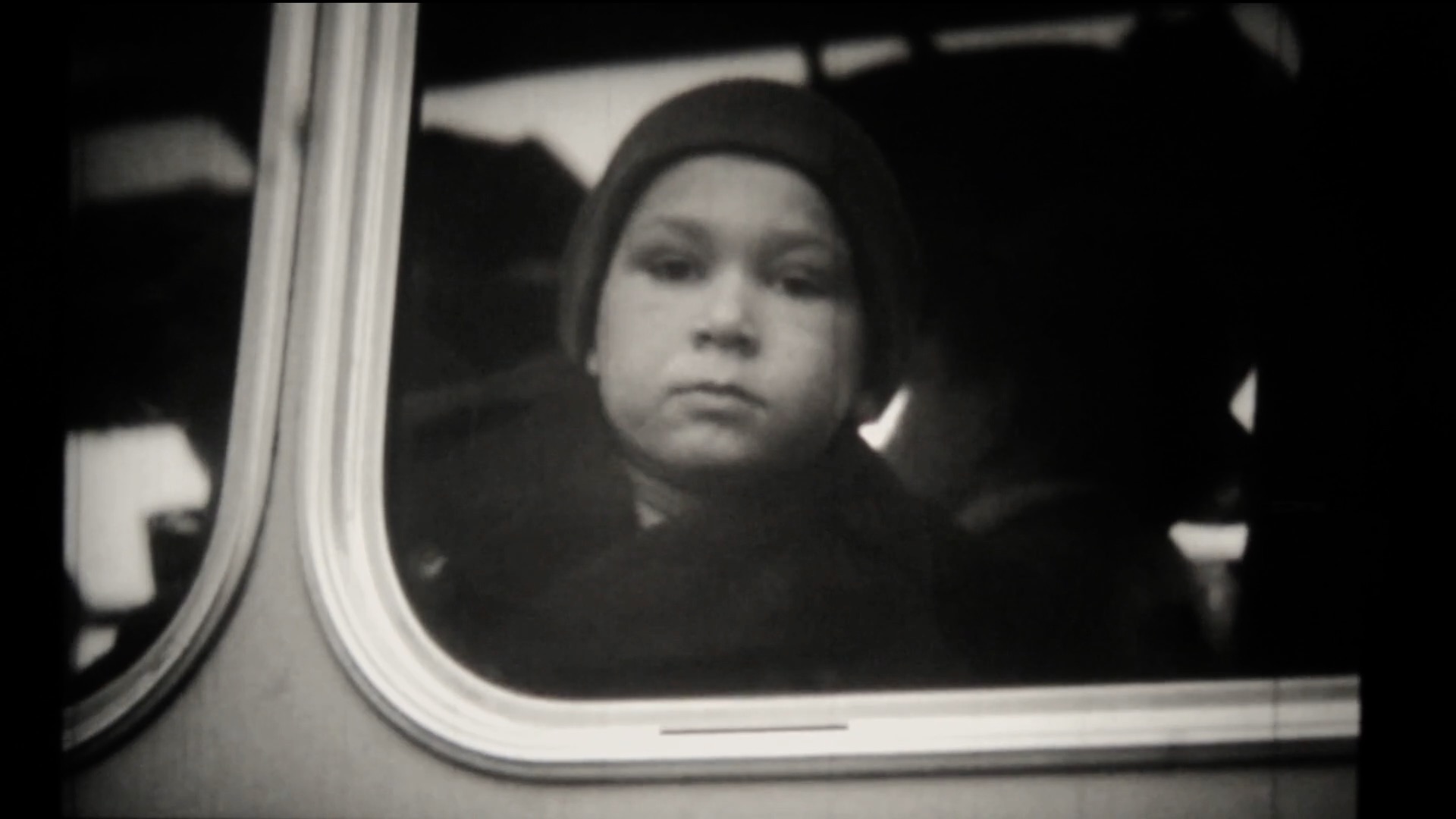
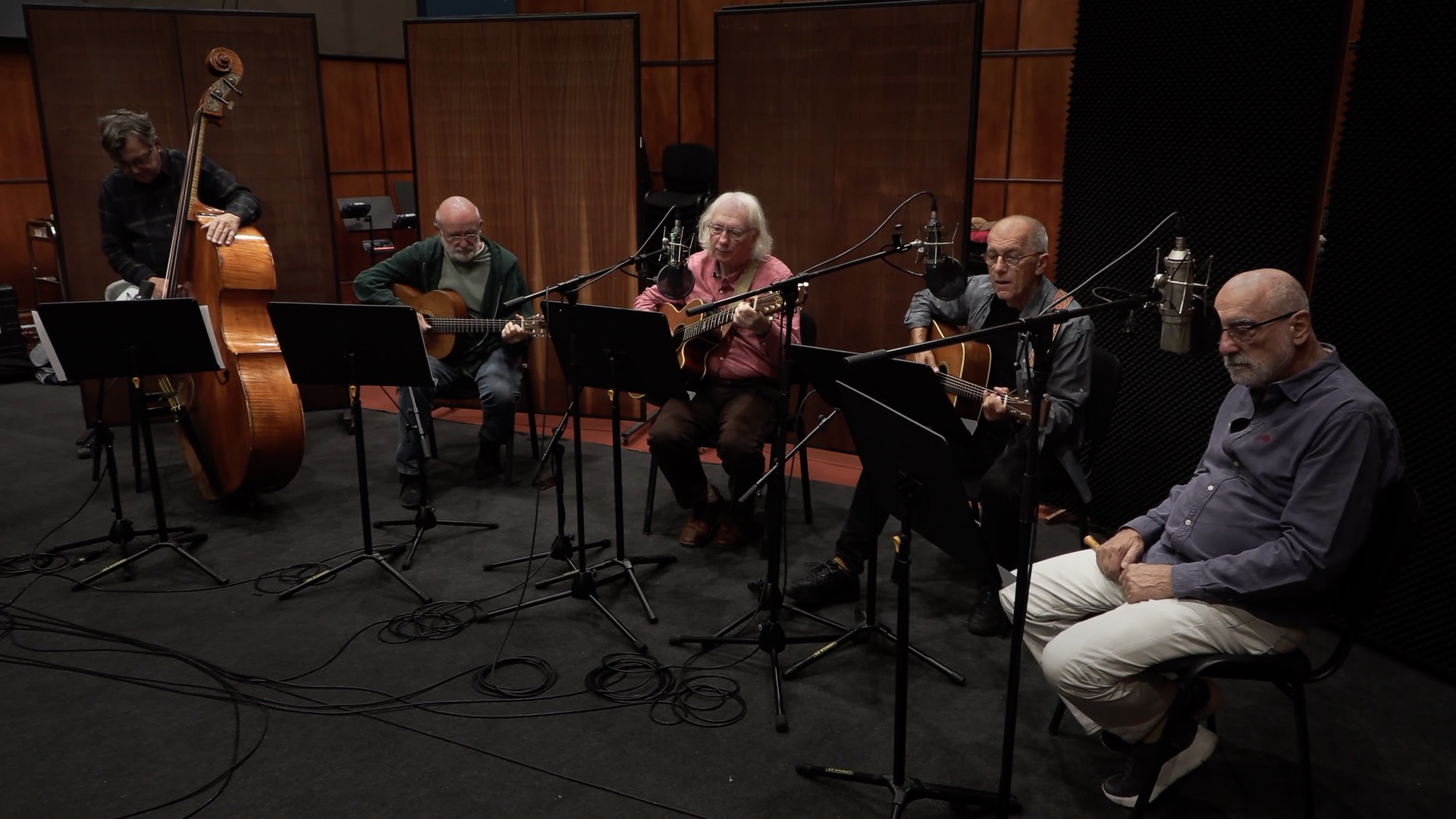
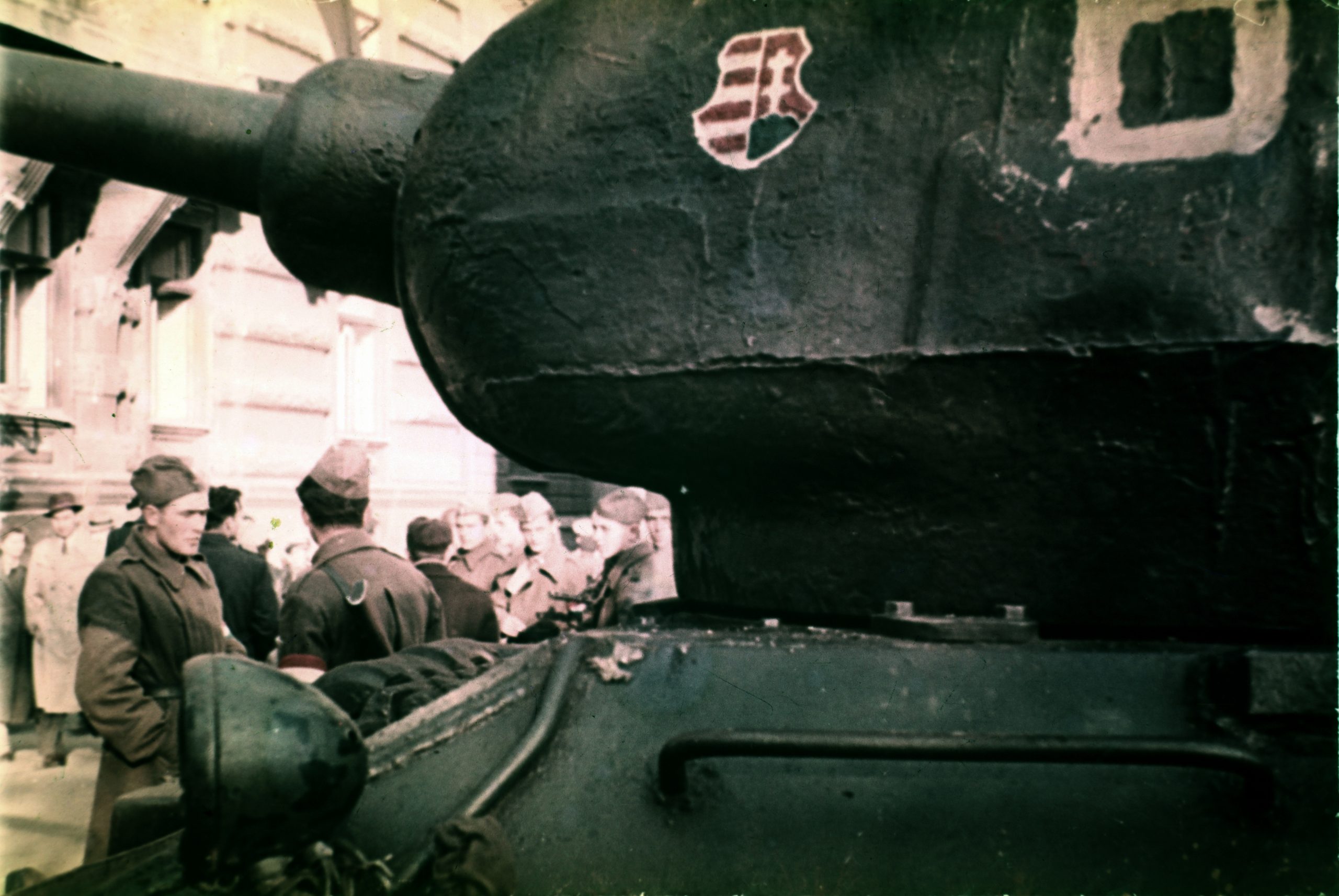
music video, 8 minutes, 2024
A poem by:
György Faludy (1986, Toronto)
Music by:
Dániel Gryllus (1990, Budapest)
Performed by Kaláka:
Dániel Gryllus
Vilmos Gryllus
Gábor Becze
Balázs Radványi
and:
Péter Huzella (former member of Kaláka - 1975 to 1995)
Directed by:
Réka Pigniczky
Camera:
Gergő Kiss
Editor:
Balázs Domokos
Sound engineer:
András Imre Nyerges
Archive footage:
Fortepan
István Karkus
US National Archives (Operation Safe Haven, 63/752)
copyright
56films (2024)
A terrible beauty is born (W. B. Yeats)
